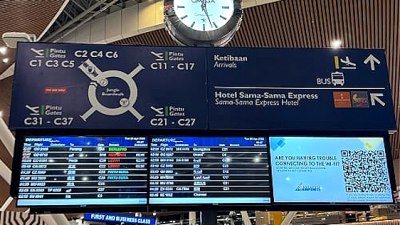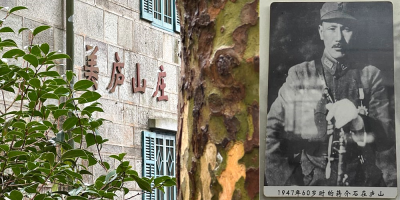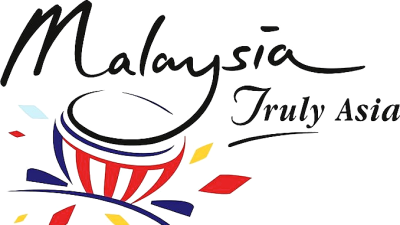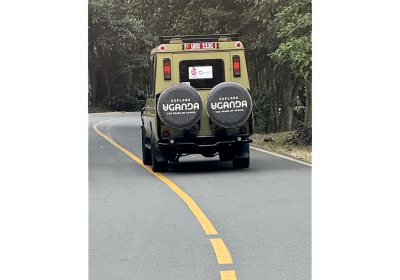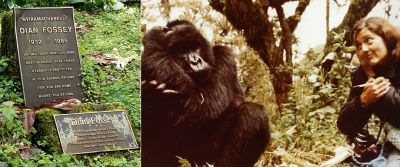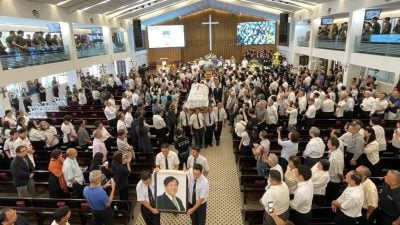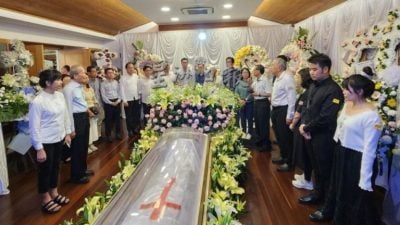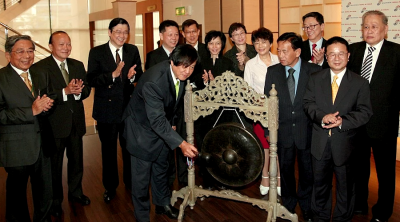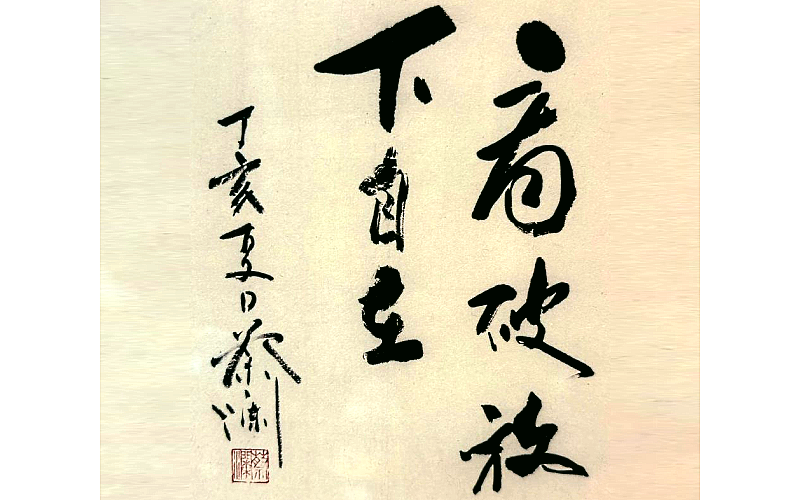
Several months ago, after Chua Lam told me to let go of everything, I felt a great sense of relief within.
Indeed, perhaps we should ask ourselves at this juncture: Do I still need all these stuff, instead of whether these things can still be used? After that, we will let go of things that we no longer need. Don’t forget, this includes also deleting meaningless social media accounts.
I know, it is hard to say goodbye to such things when the time finally comes for us to take them out. Who will give me the courage and motivation to cut them off decisively? Moreover, we have to sever ourselves from things that are of little practical use but have been stubbornly retained by us for so many years, and have to resolutely detach our persistence for everything material. Such a resolution and decisiveness goes well with the original meaning of letting go.
You are right! This is by no means easy, and I believe there could only be a handful of people who can really let go of unnecessary things, decisively and thoroughly. At least for the time being, I admit I am not yet up to that mark.
To be honest, greed is still my greatest weakness, but I am willing to continue pursuing the spirit of letting go, and slowly put that philosophy into practice. This is because I am well aware that all I want is just a “simple and unpretentious” life!
Sometimes, I tend to think that those people who can instantly let go of things must have been either gravely ill, beaten by sore failures, or having no more hopes for their future. Otherwise, they must have been people who are no longer interested in the mundane material world and are prepared to transition to monkhood.
As a matter of fact, this is not always the case, because if we were to interpret the Japanese expression of 斷舍離 (だんしゃり) literally, its focus is actually on the “attitude of life”. Going deeper, it denotes how we are looking at ourselves, whether our lives are filled with needs, or essentials.
Additionally, we should not be overly obsessed with the instant or sudden act of “letting go”, or gradually discarding the various unnecessary physical or spiritual “labels and redundancies”. Most importantly, you know what you are doing!
I have to mention here that while we say we know what we are doing, people still tend to polarize the connotation of the “short years of mortal lives”. Some even think that since life is short, and although we do not actually need too much of material stuff, at least we “should” still have some material lusts!
In today’s world, no matter how busy we are or how complicated the world is, we should keep reminding ourselves that at times we need to take a brief rest from our hurried pace to retrospect whether we really need so much. A gentle reminder: the protagonist of letting go is not material items, but ourselves?
If you want to live freely and hassle-free, first and foremost you should not have too many external things to bog you down. As a matter of fact, if we get confused, we should perhaps just stop and think whether all these years we have been insistent on having everything, doing everything, investing in everything, not letting go of anything, and wanting to be involved in everything… that in the end, we find ourselves busily doing things blindly?
A friend once told me: I thought I did everything for the company and family, but in the end I found myself sacrificing quality time that should have been spent with family. Worse still, my health was compromised! As such, we must never plunge ourselves into the dilemma of whether “tomorrow or accident” will come first!
It was written on the preface of “To Let Go or Not to Let Go” by Chiang Hsun: We could not let go of many things, many places, many precious moments, and many people.. But when we reach middle age, we will realize that no matter how hard we are to part with these things, in the end we will still have to let go, as we simply cannot keep everything with us and have to let go of them!
In fact, most people cannot “let go of the past which they are unable to change, and are insistent on the entanglement and anxiety over the future that is beyond their control”.
There is a saying that goes like this: Be focused on what you are having right now, experience the truthfulness and beauty of life, and harbor no unnecessary desires and lusts, so that you can live a robust life!
Even then, we all know, it is much easier said than done!
Taking groups on winter tours, we will invariably advise our travel buddies to put on layers of warm clothes before we go out in the morning. When we are at a place with heating facility, we can always take off the outer warm clothes, just like peeling the onion skin, layer by layer, until we feel completely cozy.
When the temperature is too high, the clothes that keep us warm will instead become a burden to our bodies. We should adjust in tandem with the changes in the environment, discarding those irrelevant things and relationships, and quitting the environment that is unfavorable to our personal growth or does not conform to our needs. This is the way to truly transport us to a state of utter comfort and satisfaction.
The “onion skin” approach in attire makes us see that the real wealth is not reflected in how much we put on or how much we are in possession of, but whether the things that we possess can really satisfy our customary needs, or make us feel happier.
Every time I walk into my colleague Louis’ office and see Chua Lam’s book “看破, 放下, 自在” lying on his table, I will always ponder quietly inside me, and be reminded of Li Shutong’s words: How can there be so much satisfaction in life? Everything is only half-satisfactory! Lu gleefully gave up all his material wealth at a young age of 39, and opted to become a monk for his remaining life. It looks like nothing in his eventful life that he could not part with.
We must learn to be content with what we are in order to experience the liberation of our inner being as well as the lightness of life!
Treasure life, and learn to live each day of life meaningfully. Starting with converting our “life of addition to a life of subtraction”, hopefully we all can unload our burdens and set our souls and bodies free!
(Lee San is Founder and Group Executive Chairman of Apple Vacations. He has traveled to 132 countries, six continents, and enjoys sharing his travel stories and insights. He has also authored five books.)
ADVERTISEMENT
ADVERTISEMENT






